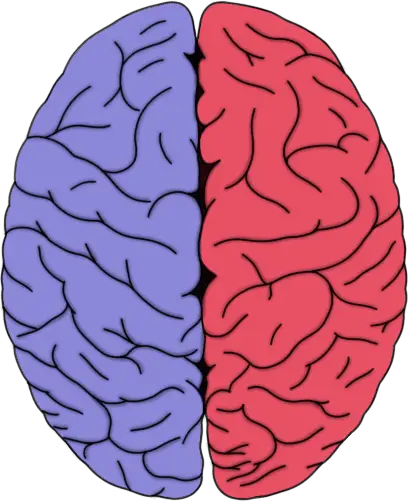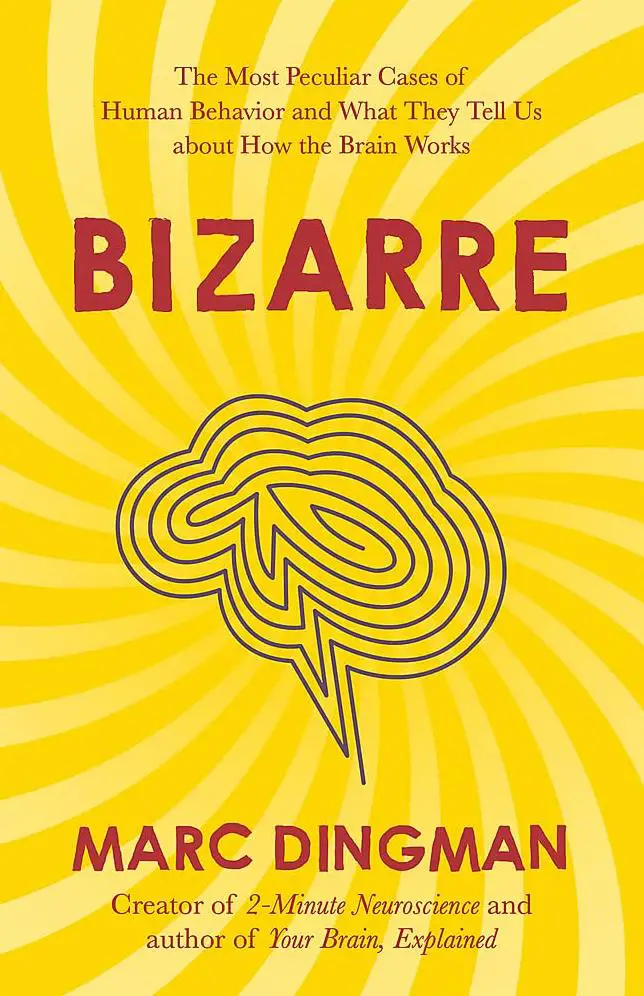The Neuroscience of Distributive Justice
Since the emergence of philosophical thought, an unresolved debate has persisted about a general definition of justice and equity. An aspect of that debate involves distributive justice, or how goods and benefits should be dispersed throughout a society in a fair and just manner. As an extreme example of this dilemma, imagine you are commissioned to deliver 100 lbs. of food to a famine-stricken region that consists of two villages a hundred miles apart. If you deliver half of the food to the first village, then travel to the second, 30 lbs. of the food will spoil during the trip. Would you deliver all of the food to the first village, or provide each village with only 35 lbs. of food in the pursuit of equity? What if you knew that 35 lbs. of food was not enough to fully alleviate the suffering of either village until the next shipment of food arrived?
Philosophers have offered several solutions to debates of this nature. Utilitarianism, a concept with ancient roots but most frequently associated with Jeremy Bentham and John Stuart Mill, asserts that one’s primary goal should be the achievement of a maximal amount of good or happiness. In the situation described above, a utilitarian might opt to deliver all of the food to the first village. This would maximize the sum of individual fulfillment, while the halving of the food would maintain a static level of suffering. Thus, delivering all of the food to the first village is the greater good.
Another approach to such a quandary is known as deontological ethics, which emphasizes not the consequences of one’s actions, but whether the actions are right or wrong, just or unjust. From a deontological perspective, it would be unjust to distribute the food unequally. A desire for some degree of fairness in all dealings seems to be a universal human trait, something deontologists point to in support of their doctrine.
Another question about distributive justice involves the extent to which emotion plays a role in the decisions it calls for. Many philosophers, both ancient and contemporary, assert that rational thinking is what allows us to make choices in difficult situations like the one above. Others argue that the processes behind those decisions cannot be devoid of an emotional influence, specifically one of an empathetic or sympathetic nature.
A study in this week’s Science examines distributive justice from a neural perspective, asking: what areas of the brain are active when we make such decisions? To find out, researchers used fMRI to scan the brains of 26 adults while they made decisions about allocating money to groups of children living in an orphanage in Uganda. During the allocations, the participants were forced to make a number of decisions that involved trade-offs between efficiency (analogous to Utilitarianism) and equity (deontology).
The investigators found that distinct neural regions are activated in the consideration of equity and efficiency. The putamen, a mid-brain structure that forms part of the dorsal striatum, seemed to be correlated specifically with efficiency. On the other hand, activity in the bilateral insular cortex was correlated with inequity. Regions of the caudate were activated by both. They also found that individual differences in aversion to inequity corresponded with higher neural activity in the insula.
Overall, the participants showed the greatest neural reaction to an inequitable distribution of food, leading the authors of the study to speculate that distributive decisions are made to avoid inequality more so than to engender efficiency. Thus, the results of this experiment seem to support the deontological argument. As the insular cortex is thought to play an important role in emotional processing, the experiment also indicates that our decisions are not devoid of an emotional element (contrary to the beliefs of Kant and Plato).
Thus, the imaging evidence from this study may help to explain why the debate over distributive justice has never been resolved. The concepts of equity and efficiency, and their respective values, are deeply rooted in our brains. Perhaps evolution never resulted in the disappearance of one or the other because they both are valuable in the decision-making process, depending on the situation. When all is said and done, though, it may be that the evolutionary value of fairness overrides that of efficiency.
Hsu, M., Anen, C., Quartz, S.R. (2008). The Right and the Good: Distributive Justice and Neural Encoding of Equity and Efficiency. Science, 320 (5879), 1092-1095. DOI:10.1126/science.1153651


